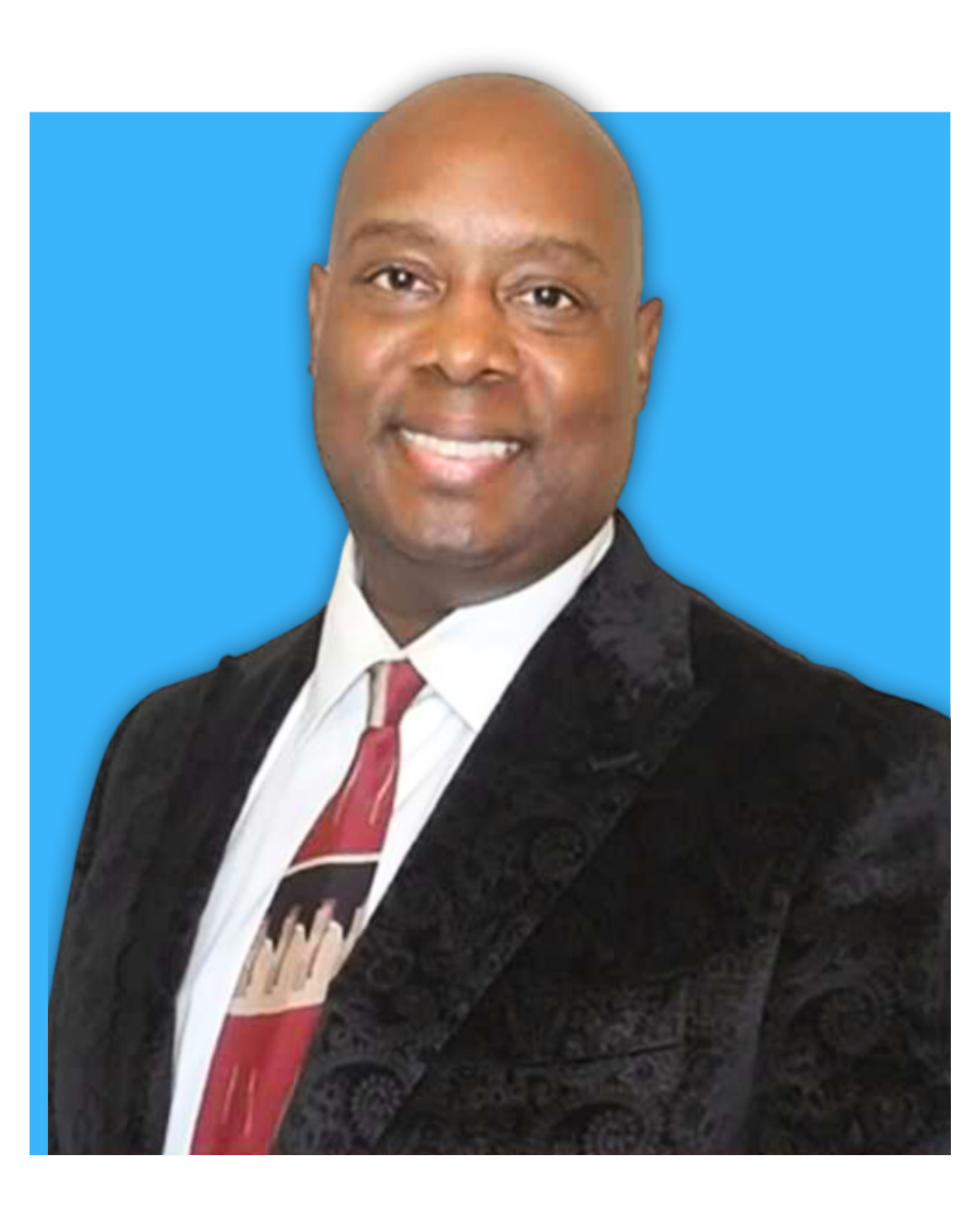
When it comes to running Workday successfully, implementation is just the beginning. The real challenge—and opportunity—lies in how organizations support Workday after go-live. From my perspective working alongside hundreds of Workday customers and in partnership with HR leaders across industries, I’ve seen firsthand what sets apart the organizations that maximize value from those that struggle.
One thing is clear: your Workday support model can’t be an afterthought. It must be proactive, strategic, and designed to evolve with your organization. Below, I’m sharing insights I’ve gathered from working closely with Chief Human Resources Officers (CHROs) and HR leaders who have successfully transformed their Workday support into a true business enabler.
1. Support Must Align with HR Strategy—Not Just System Maintenance
Traditional support models often focus on break/fix maintenance, compliance updates, and ticket queues. While those things matter, CHROs who lead high-performing HR functions demand more.
The Workday support model needs to evolve in lockstep with HR’s strategic objectives—whether that’s enabling workforce agility, improving employee experiences, or supporting global expansion. That means having Workday support that’s consultative, not just reactive.
💡Tip: Build a support model that incorporates business reviews, regular alignment on HR priorities, and insights on how Workday can be better leveraged to meet those goals. Portfolio management and change control contribute to this model.
2. Empower HR with Embedded Expertise
Many CHROs have shared the frustration of relying on external consultants who feel disconnected from their internal teams. The best support models embed true Workday experts who understand your environment and HR challenges deeply.
At TopBloc, we’ve seen success when clients engage with a dedicated product specialist—someone who meets regularly with HR leaders to strategize, optimize configurations, and ensure the system is driving business outcomes.
💡Tip: Don’t just staff for support. Staff for partnership. Your HR teams deserve consistent, knowledgeable contacts who feel like part of the internal team.
3. Flex Your Support Model to Meet Change Head-On
Change is constant—whether it’s acquisitions, reorganizations, or regulatory shifts. One common mistake we see is locking into a rigid support structure that doesn’t account for these moments of transformation.
Smart CHROs build flexibility into their support model, with scalable capacity and expertise that can quickly ramp up when needed.
💡Tip: Choose a support partner that can offer tiered services—whether you need day-to-day support, temporary staff augmentation, or strategic advisory guidance. That flexibility becomes critical in moments of disruption or growth.
4. Make Data-Driven Decisions Easier for HR
Workday holds powerful data, but accessing and utilizing that data effectively is often a challenge for HR teams. A game-changing support model includes helping HR unlock that data for better decision-making.
Whether it’s setting up dashboards, optimizing reports, or designing analytics workflows, the right support team should empower your HR leadership with real-time, actionable insights.
5. Create a Continuous Learning Culture
HR teams are expected to be strategic while also staying hands-on in the system. That’s not easy. The CHROs I admire most invest in enablement—not just for their teams, but for themselves.
A strong support model includes upskilling. From hands-on walkthroughs to tailored knowledge transfer sessions, make sure your team is learning how to optimize Workday, not just asking for help when something breaks.
💡Tip: Ask your support partner to include training, process documentation, and mentorship for your internal admins. The more confident your team feels in the system, the more Workday can drive strategic value.
Final Thoughts
The CHROs who are redefining the value of HR tech aren’t just focused on the shiny features. They’re focused on how they support, scale, and optimize the systems they already have. If your Workday support feels like it’s stuck in the break/fix era, it’s time to evolve. You deserve a model that supports your strategic goals, empowers your teams, and evolves as your organization grows.
At TopBloc, we’ve built our Customer Experience and Application Management Services to reflect these very principles—because we believe great support isn’t just about uptime. It’s about impact. Let’s build something better, together.

Christopher Ford, SVP of Customer Experience
Christopher Ford is the Senior Vice President of Customer Experience at TopBloc, where he leads teams dedicated to ensuring client success across the full Workday lifecycle. With a deep background in technology, operations, and global business strategy, Christopher is passionate about helping organizations simplify complexity and unlock value through digital transformation.


